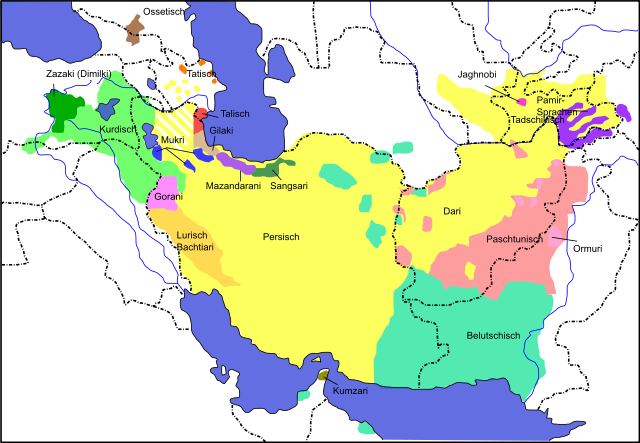
| ZAZAS Regions
with significant populations : Turkey
The Zazas (also known as Kird, Kirmanc or Dimili) are a people in eastern Turkey who speak the Zaza language. Their heartland consists of Tunceli and Bingöl provinces and parts of Elazig, Erzincan and Diyarbakir provinces. Zazas generally consider themselves Kurds, and are often described as Zaza Kurds
Demographics
:
Following the 1980 Turkish coup d'état, many intellectual minorities, including Zazas, emigrated from Turkey towards Europe, Australia and the United States. The largest part of the Zaza diaspora is in Europe, predominantly in Germany.
Ethnic
consciousness :
Zazas and Kurmanji-speaking Kurds :
Zaza Kurds in Diyarbakir (Kurdistan) Kurmanji Kurds and Zazas have for centuries lived in the same areas in Anatolia. In the 1920s and 1930s, Zazas played a key role in the rise of Kurdish nationalism with their rebellions against the Ottoman Empire and later the Republic of Turkey. During the Sheikh Said rebellion in 1925, the Zaza Sheikh Said and his supporters rebelled against the newly established Turkey for its nationalist and secular ideology. Many Zazas subsequently joined the Kurdish nationalist Xoybûn, Society for the Rise of Kurdistan and other movements where they rose to prominence.
In 1937 during the Dersim rebellion, Zazas once again rebelled against the Turks. This time the rebellion was led by Seyid Riza and ended with a massacre of thousands of Kurdish and Zaza civilians, while many were internally displaced due to the conflict. Zazas also participated in the Koçgiri rebellion in 1920.
Sakine Cansiz, a Zaza from Tunceli was a founding member of Kurdistan Workers Party (PKK), and like her many Zazas joined the rebels, including the promiment Besê Hozat. Many Zaza politicians are also to be found in the fraternal Kurdish parties of the Peoples' Democratic Party (HDP) and Democratic Regions Party (DBP), like Selahattin Demirtas, Aysel Tugluk, Ayla Akat Ata and Gültan Kisanak. On the other hand, some Zazas have publicly stated they do not consider themselves Kurdish including Hüseyin Aygün, a CHP politician from Tunceli.
A scientific report from 2005 concluded that Zazas share the same genetical pattern as other 'Kurdish groups' and did not support the hypothesis of Zazas originating from Northern Iran.
Language :
Zaza is a Northwest Iranian language, spoken in the east of modern Turkey, with approximately 2 to 3 million speakers. There is a division between Northern and Southern Zaza, most notably in phonological inventory, but Zaza as a whole forms a dialect continuum, with no recognized standard. The first written statements in the Zaza language were compiled by the linguist Peter Lerch in 1850. Two other important documents are the religious writings of Ehmedê Xasi of 1898, and of Usman Efendiyo Babic (published in Damascus in 1933); both of these works were written in the Arabic alphabet. The state-owned TRT Kurdî airs shows in Zaza.
During the 1980s, Zaza language became popular among diaspora Zazas after meager efforts which was followed by publications in Zaza in Turkey.
Religion
:
Zaza
nationalism :
According to researcher Ahmet Kasimoglu, Zaza nationalism is a Turkish and Armenian attempt to divide Kurds.
Source :
https://en.wikipedia.org/ |
.jpg)
